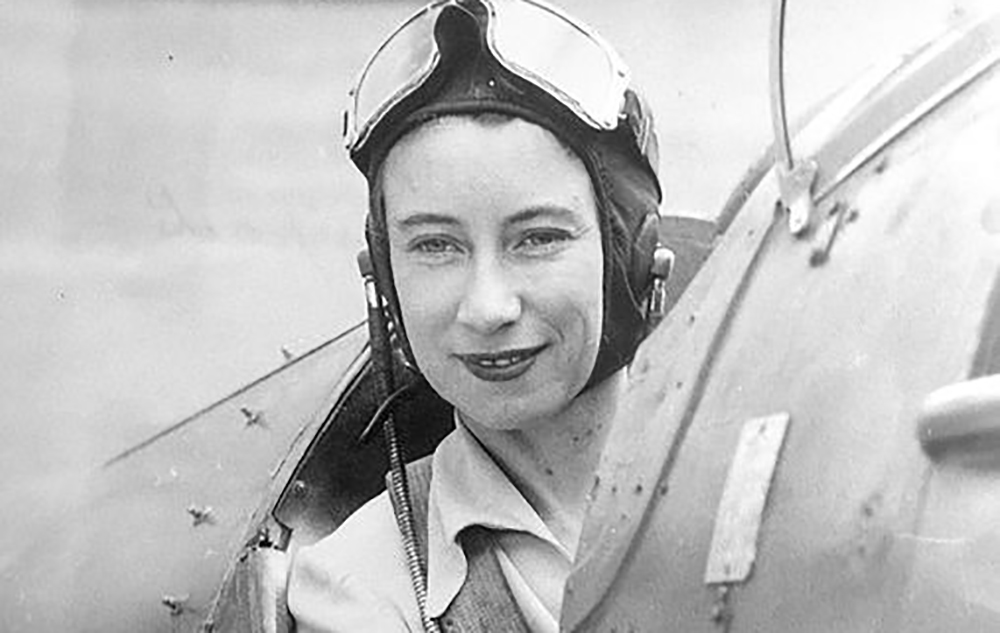
The Australian Transport Safety Bureau (ATSB) recognises and pays tribute to the extraordinary contribution made to aviation by Senja Robey, who passed away on 14 April at home, aged 93.
Senja was an Australian aviation icon, professional pilot, and extraordinary instructor, who in November 2017 was inducted into the Australian Aviation Hall of Fame.
“On behalf of the ATSB, I would like to extend my sincere condolences to Senja’s family, her friends and the wider aviation community who are mourning her passing,” ATSB Chief Commissioner Greg Hood said. “I have known Senja for several years having been introduced to her through the Australian Women Pilots Association - she exuded an aura of yesteryear – of having been there and done that before many of us were born, but with modesty and humility.”
Senja, influenced to fly by her father, a physics teacher and who started the Air Training Corps Flight at Sydney Technical High, began her flying training at the Royal Aero Club of NSW in March 1949. Having flown solo within a month of commencing her training, Senja obtained her private pilot licence six months later.
One of a handful of original members of the Australian Women Pilots’ Association (AWPA), Senja worked at the then de Havilland Aircraft Company in Sydney, where she studied part-time to gain her Commercial Pilot Licence in 1953. Obtaining her flight instructor rating nine years later, Senja became an instructor at the Illawarra Flying School located at Bankstown Airport, where her husband, Keith, was the Chief Flying Instructor.
At the time, the Illawarra Flying School was one of the largest commercial schools in Australia. By 1969, Senja had accrued around 3,500 hours of instructing, with some of her students going on to become airline captains.
Rising to National President of AWPA in the 1970s, Senja assisted fellow aviator Deborah Wardley to challenge Ansett Airlines for her right to become an airline pilot. The Wardley case opened the door for other women pilots in Australia.
“Senja was renowned for her ability to fly with extraordinary accuracy and steadiness,” Chief Commissioner Hood said. “She held endorsements on approximately 60 aircraft types, both single-engine and multi-engine, ranging from the Tiger Moth to Aero Commanders and Aerostars. Senja Robey was a remarkable aviatrix whose life, achievements and almost 14,000 flight hours needs to be remembered, savoured and celebrated.”
In a career spanning more than 60 years, Senja was awarded the Order of the British Empire Medal (BEM) for her contribution to aviation in 1976. Giving a lifetime of service to aviation, Senja will be remembered throughout the industry for her high level of professionalism and unstinting generosity in providing practical guidance to less experienced and potential aviators.


